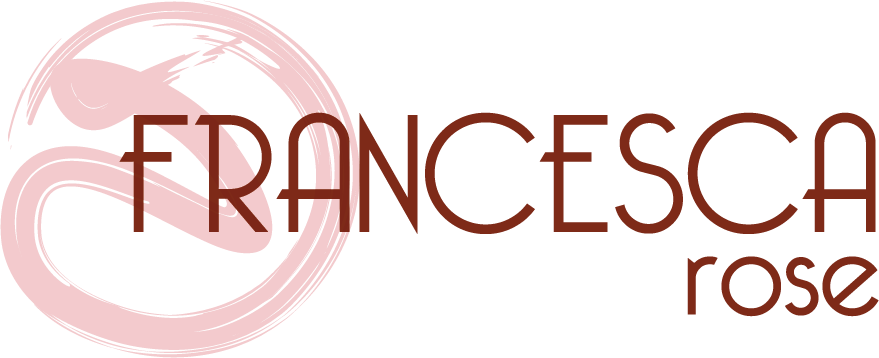Is Intuitive Eating a Myth? Understanding the Body’s Wisdom in Eating Disorder Recovery
The concept of intuitive eating (IE) has helped many people heal their relationship with food, breaking free from diet culture and rigid food rules. But what if I told you that you are already eating intuitively?
We Are Always Eating Intuitively
Our bodies are constantly sending signals that shape our eating behaviours — what, when, and how we eat. These cues are influenced by:
The nervous system’s state (regulated vs. dysregulated)
The environment and sensory input at any given moment
Past experiences with food, nourishment, and safety
And these factors impact how we relate to food that is entirely unique to each of us. The belief that intuitive eating is something to “achieve” can create unnecessary pressure, especially for those recovering from disordered eating or eating disorders. The reality is that our body is already guiding us, even if that guidance feels distorted due to past experiences of restriction, trauma, or chronic stress.
It is important to note that the IE movement has paved the road for thousands of people around the world to look at their eating behaviours with greater awareness. It has helped so many people recover from disordered eating through helping people shift their perspective around food. And yet, it is a frame that can keep us stuck if we miss how we are already eating intuitively.
Neuroception, a concept developed by Dr. Stephen Porges, explains how our nervous system unconsciously assesses safety and danger. This process shapes our behaviours, including eating. If the body perceives a threat — whether from past diet culture conditioning, trauma, or a dysregulated nervous system — it will respond accordingly.
When we realize we are already practicing IE in our own ways, we can begin to trust our body’s innate capacity and intelligence.
Rather than striving to “learn” intuitive eating, the journey is about trusting and refining how we listen to our body's cues while resourcing our nervous system for more clarity and balance.
Rebuilding Self-Trust in Eating Disorder Recovery
For many struggling with an eating disorder, the belief that they have lost the ability to eat intuitively can be deeply disempowering. However, recognizing that you are already engaging with food in a way that reflects your current inner landscape can be the first step toward self-trust and empowerment.
Steps Toward Nervous System-Attuned Eating
Notice and name your body’s signals with curiosity rather than judgment
Regulate your nervous system through grounding and centering embodiment practices
Reframe your relationship with food as a dynamic, evolving process rather than something to "fix"
Honour your identity beyond food and body struggles — because recovery isn’t just about food; it’s about reclaiming who you are.
Identity and Eating Disorder Recovery: Who Are You Becoming?
As we begin to listen to our body's cues and shift our relationship with food, a deeper question arises: Who am I beyond my struggles with eating?
For many, an eating disorder becomes more than just a pattern of behaviours — it shapes identity. I remember, years ago, asking myself how I truly felt about my eating disorder. At the time, my response startled me:
"I’m glad I have it because I don’t know who I would be without it."
That moment illuminated the malleability of identity. Before my eating disorder, I was a passionate, curious person. But at that time, I couldn’t relate to that version of myself. The disorder had become a stabilizing force, shaping my self-concept.
James Clear puts it beautifully:
"True behaviour change is identity change. You might start a habit because of motivation, but the only reason you’ll stick with one is that it becomes part of your identity."
Recovery is an identity shift. It’s not just about changing behaviours — it’s about stepping into a new embodiment of self-trust, nourishment, and wholeness.
Moving Beyond Willpower: Embodied Healing
Rather than using willpower to force behavior change (which often leads to dissociation and burnout), true healing comes from aligning with who we want to become. Somatic practices, nervous system regulation, and even plant medicines can support this shift by enhancing clarity, creativity, and neuroplasticity.
By focusing on being rather than doing, food and body-related behaviours naturally evolve to reflect an identity rooted in balance, authenticity, and self-trust. This is how we shape ourselves into who we want to be that is aligned with the truth of who we are from the inside-out.
You Are Already on the Path
Intuitive eating isn’t a distant goal — it’s already happening within you. The journey is about refining your awareness, regulating your nervous system, and reclaiming your innate wisdom around food and nourishment. Over time, as you step more into your authenticity, you will find your eating patterns will intuitively evolve with you.
Through embodied recovery, self-trust, and nervous system healing, you can shift your relationship with food — not by force, but by becoming the person who effortlessly embodies the nourishment, trust, and wholeness you seek.
